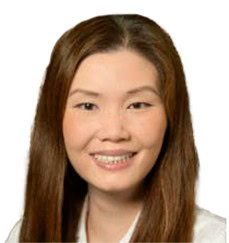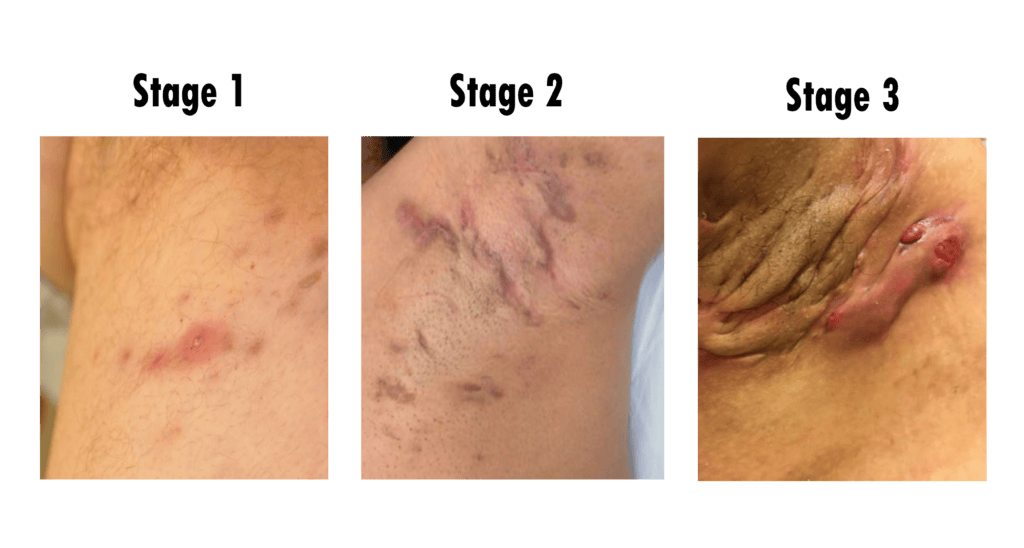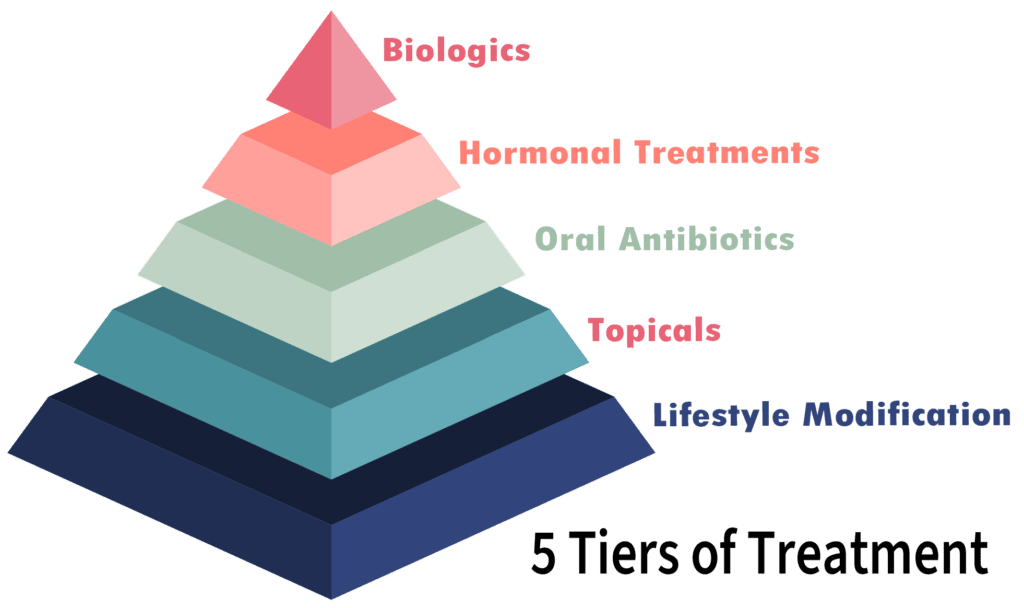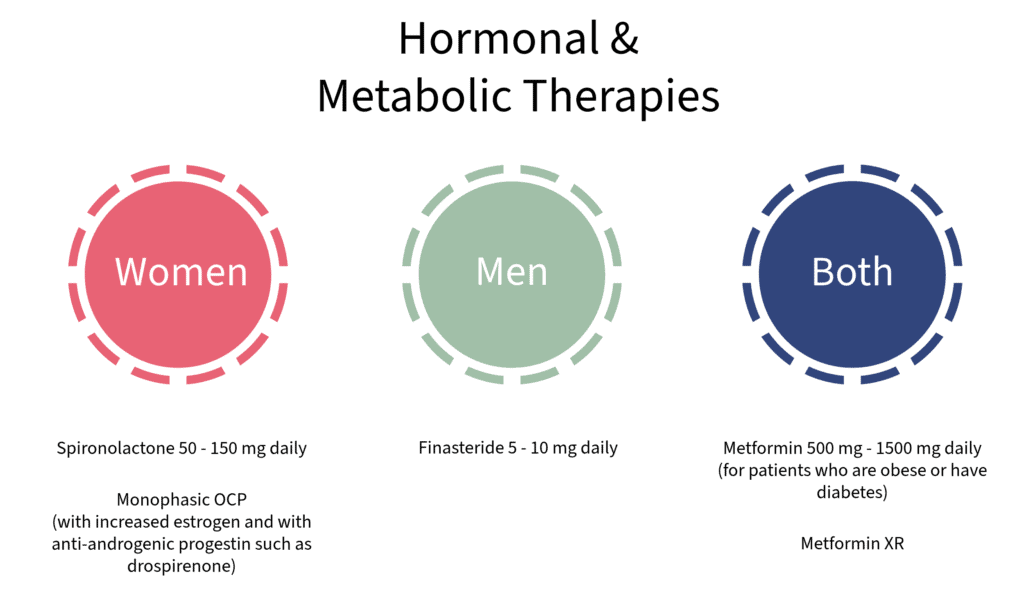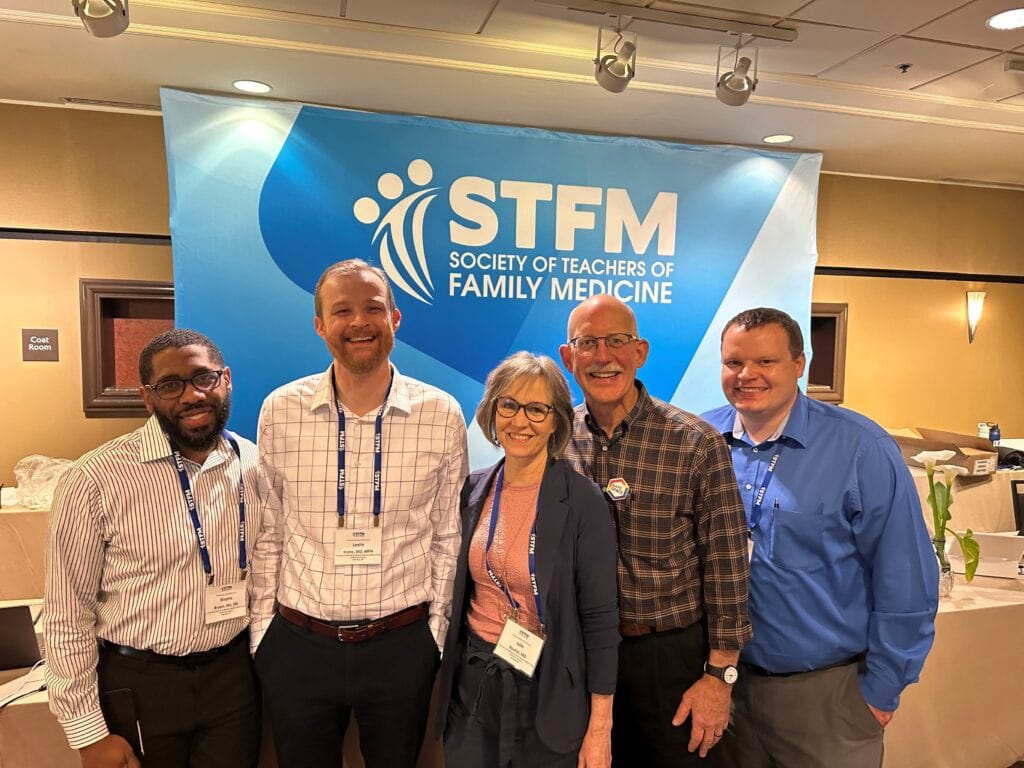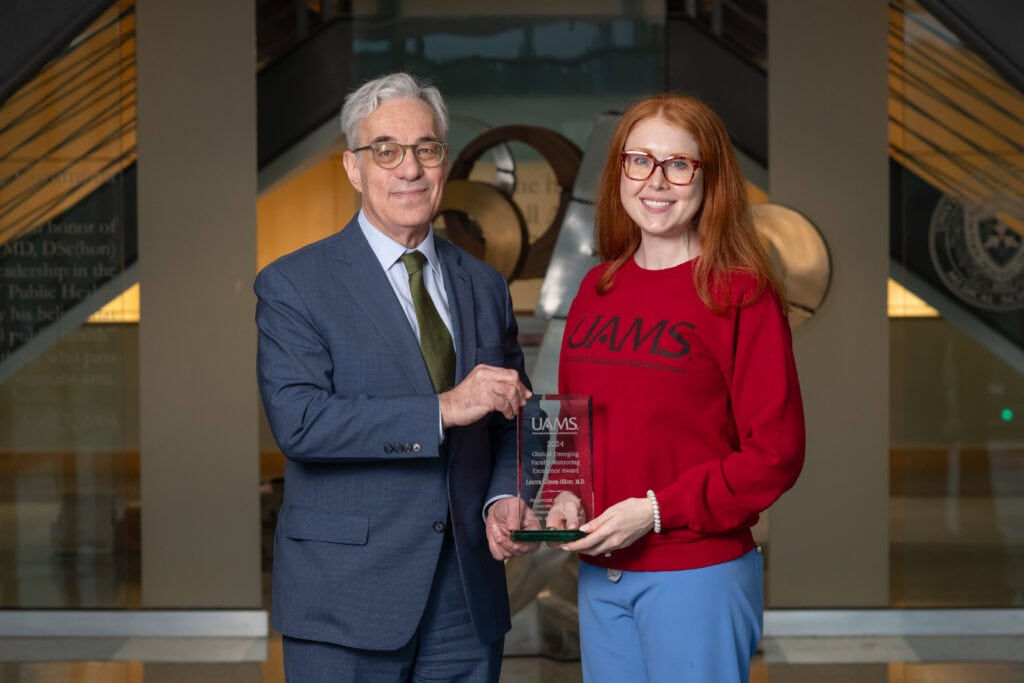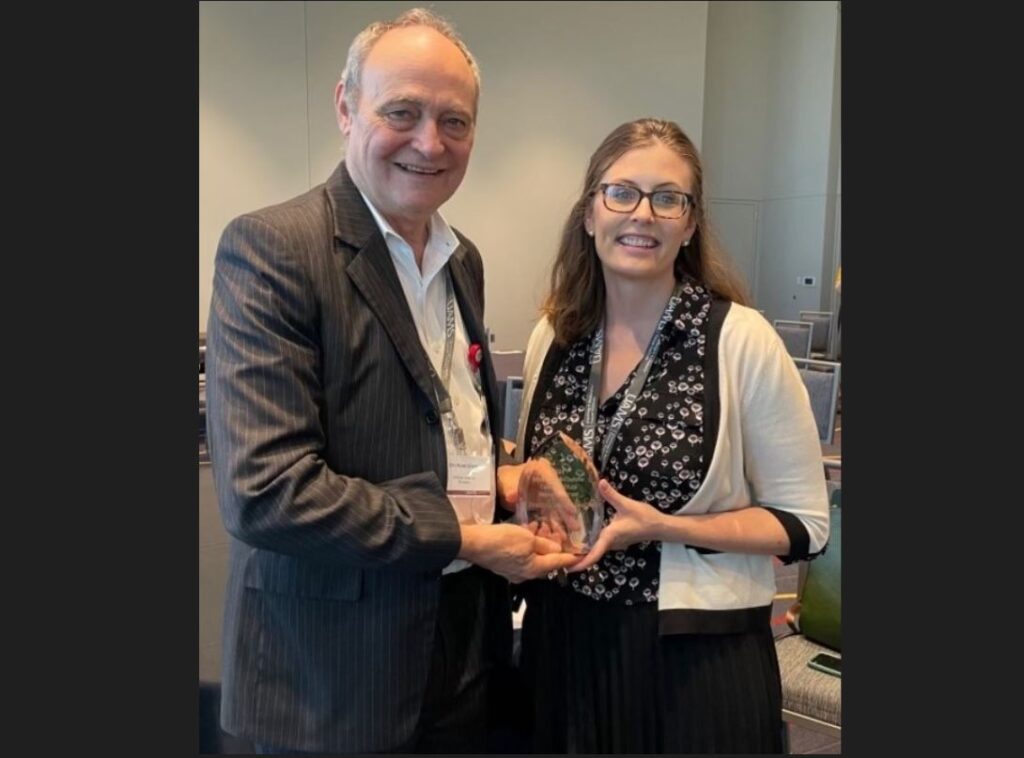Dr. Kraleti, Dr. Gibson-Oliver, and Dr. Jarrett are the authors of a brand new article in the journal Family Medicine.
Titled “The Importance of a Champion in Leading Major Improvements in Residency Programs,” the article addresses improvements in the numbers of pediatrics patients and procedures performed in the FMC.
It’s online ahead of print now (click here), and it will be included in a monthly issue of the journal later this year.


